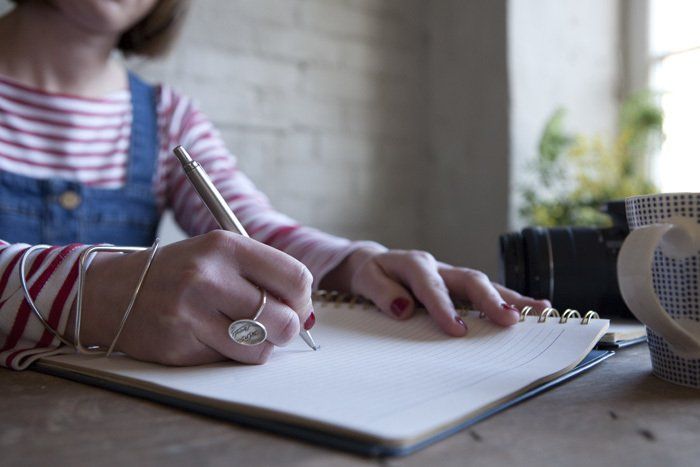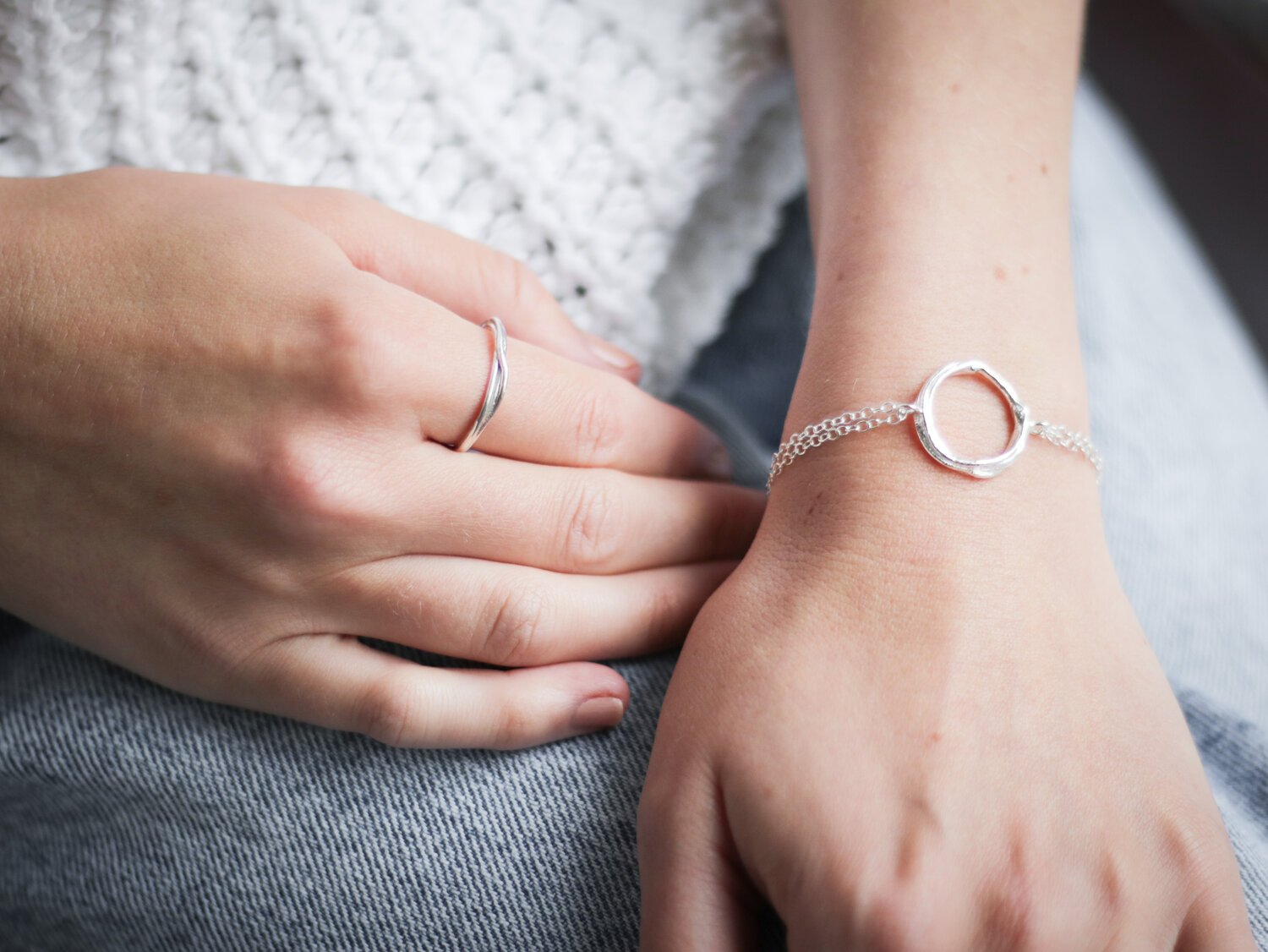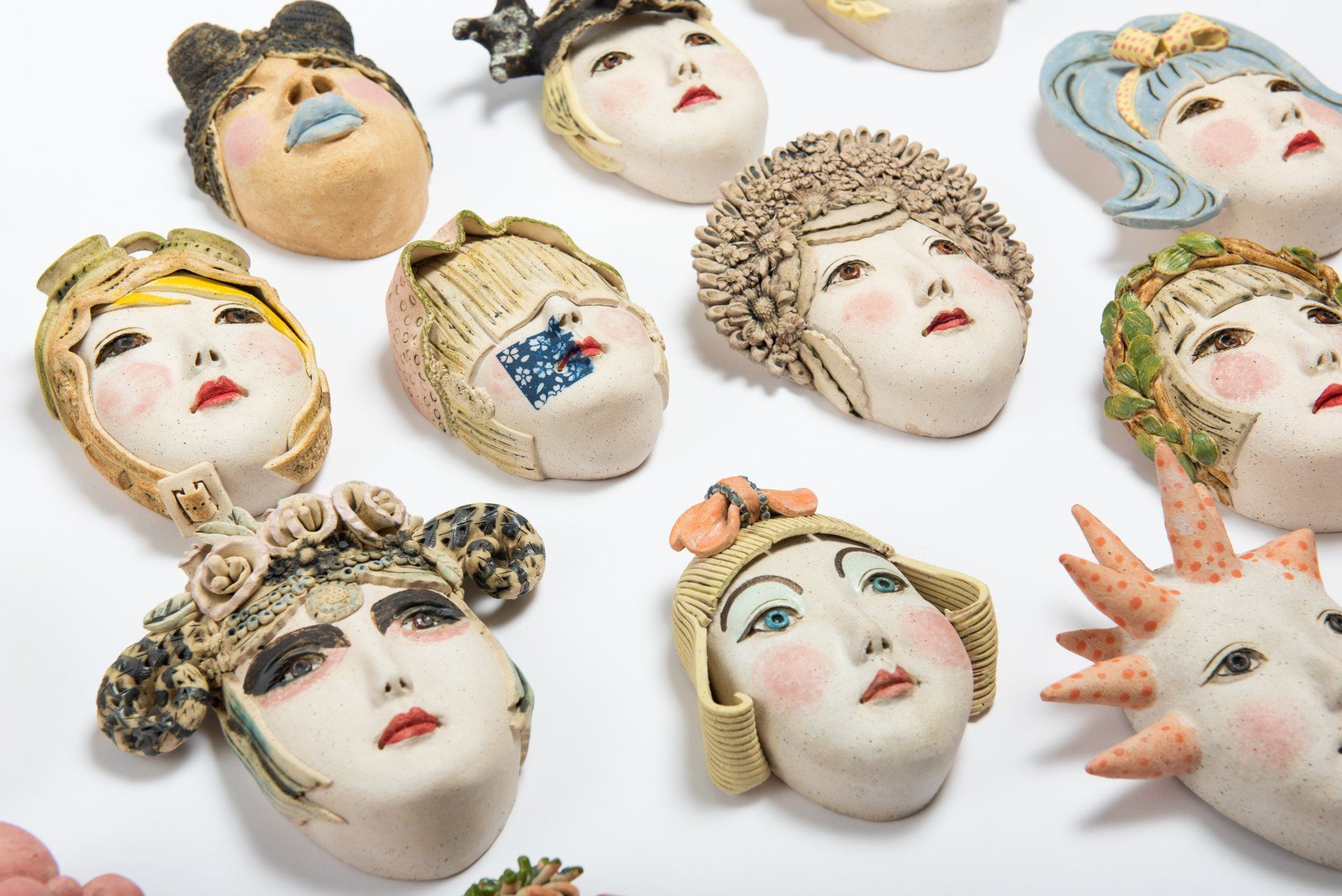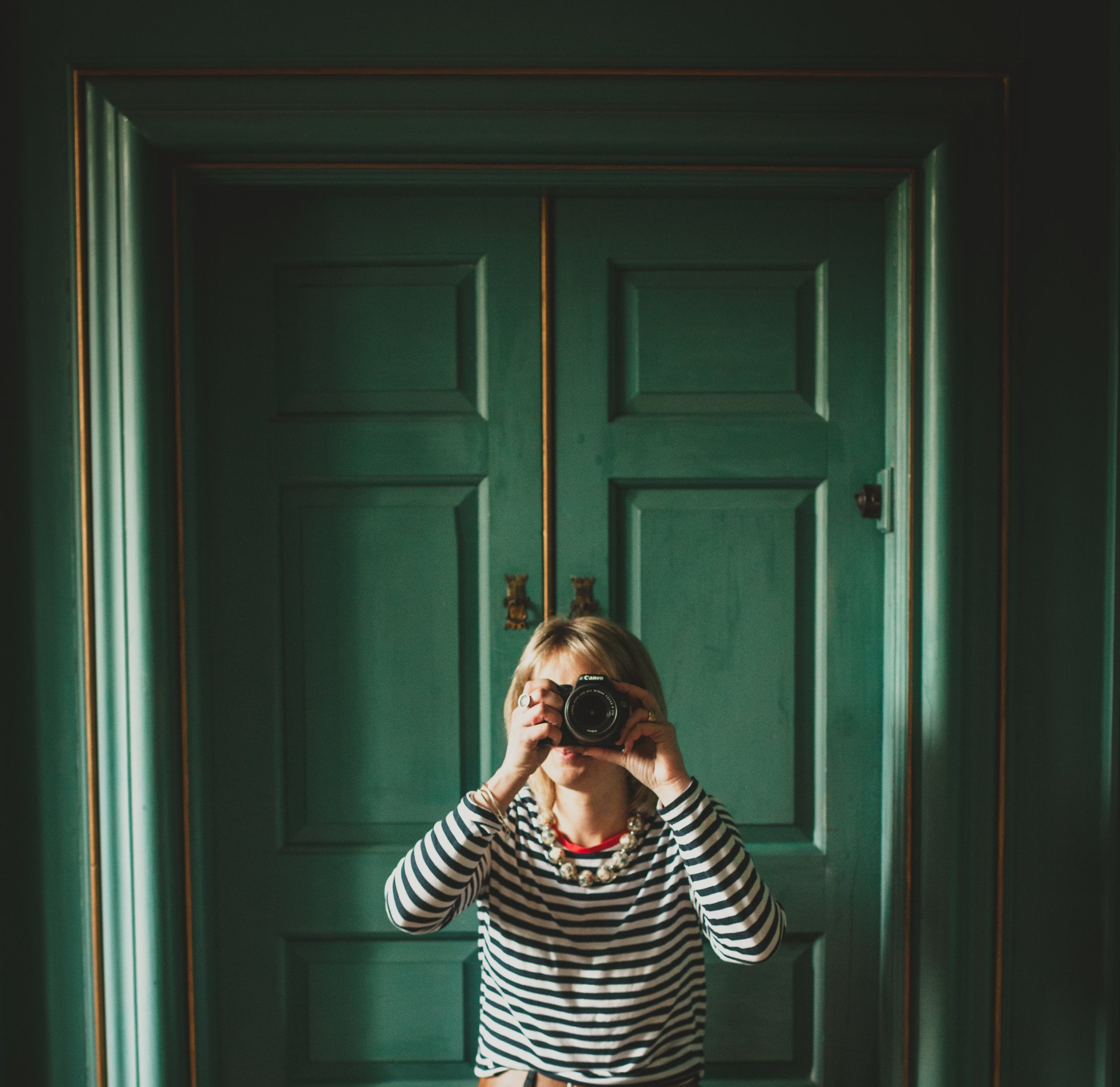Blog Layout
Reasons to work with a freelancer
Why having a bank of decent freelancers on your books is a good thing to do...

Changing Times...
Pre Coronacoaster there were approximately
two million freelancers
in the UK - can we just appreciate that number?!
1.77 million say freelancing is their main job and a further 241,000 have freelance work as part of their second job.
Enlisting a freelancer can be daunting. Can you trust them to actually work? how much will they cost?
If you do your research they can be invaluable to both your business and your finances.
As a freelancer myself I've been thinking about this a lot and here's a few reasons in my opinion why I, and you, should support and collaborate with more self employed/freelance people - no matter if you're based in a large or small business.
For my own work I've needed to call on other freelancers in the past such as web and graphic designers, copywriters (because sometimes it's just too hard to try and write about yourself!) but in addition collaborated as part of wider projects with photographers, stylists, branding folk, PR people - experts
in their field.
The biggest thing that motivates me and it strikes me that this is the baseline across the board for freelancers, is simple...
"I want to do a blummin great job"
If I don't do a great job my reputation is on the line.
That is, in my mind one of the biggest assets (as well as their expertise) you will find in a freelancer. Freelancers live off their reputation. Motivated to do an excellent job and deliver results, often under pressure and to tight deadlines. Not because they’re superhuman, but because that’s how they (we) earn their (our) bread and butter. Plus in general people that start their own business and become freelancers are highly self-motivated anyway.
What else?
You pay for actual
work - there might be a small element of faffing around putting the washing on, making coffee, but on the whole compared to a full-time employee, a freelancer saves you money on overheads, office space, equipment, training, sick & holiday pay and NI contributions. A freelancer will have a greater incentive to finish the work and be productive - according to research, the average employee in an office setting is only productive for less than
3
hours a day.
Expertise
If you research and find the right freelancer for the project or job at hand, their expertise will be highly specialised in that area.
In your employees it's unlikely you will find a whole team that will have all the expertise you need nailed all the time. You might have someone that's a photographer in their spare time so can take a few good snaps now and again - but would their pics stand up for an editorial piece in a glossy mag? Probably not. (they are v. specific about how it should look!) You would need to invite a professional in.
Freelancers specialise in an area - they've worked for various clients and collected a wide range of knowledge in their area. You might not need their expertise on a daily basis, but if you have a bank of trusted freelancers you can call upon when needed - invite them in, then their contract ends when the project ends.
Instant
If they've worked with you before (and want to again) freelancers hit the ground running.
You give them a brief, agree the work and they don't need training - they got you! Ambitious employed professionals will move from one role to another, which for HR can be a nightmare - you spend 6 weeks invested in training someone, they stay for 3 months then move on to something else because they feel they've learnt enough. Waste.of.time. Freelancers are already experts.
Location, Location, Location
Looking for employees in your geographical location can often by limiting, recruiting for permanent positions can take months - especially if you work with trustees and executive boards that all need to be involved. The process for freelancers can sometimes be lengthy but mostly it can be done in days or weeks - if they are someone you use regularly it can be a matter of hours -particularly if it involves crisis management. Geographically the world is literally your oyster - you can work with anyone from anywhere in the world (depending on the nature of the work!)
Flexibility
Workloads fluctuate - they just do in any business. At any point in the year, staff members busy or not get the same pay. Working with freelancers gives you more leeway. You take them on when you need them, for project work, and extra support at capacity times. On the flip side as quickly as you take them on, if they don't live up to expectations you can sack them off (depending on the contract) pretty much immediately. Even if you pay a high fee for a freelancer the return on your investment will always be better.
I
absolutely have freelancers I call upon and am always looking for collaborations, because if they're anything like me they'll want to do a damn good job and I trust them, they are the experts in their field and when we collaborate together we achieve pretty amazing things.
So that's why I think you should too!

09 Jul, 2021
Hannah makes jewellery with a big heart! Delicate "everyday" designs that are a token of joy, adding that little bit of shine to the rhythms of life, with every single piece in the collections having an intention or story behind it. The ethos of her Hannah's business came from that ever striving need to be a thoughtful giver of gifts that are meaningful. Hannah Weston Jewellery is a celebration of the stories that knit our lives together and connect us to our dearest family and friends. Family sits at the core of everything — the Nordic collection names featured in Hannahs collections are a nod to her brother and his family in Norway. We've had many conversations about how running your own business has its own highs and lows (being a one man band can be a lonely place at times) but Hannah has gone from strength to strength and the last few years have seen her producing work for two pop up stints in John Lewis, a feature in Tatler magazine, a little spot in Holly Tuckers "fly the flag for small business" campaign (see the video here) and a move from juggling the business with a full time teaching job, to full time, self employed brilliant craftswoman and maker. I chatted with Hannah about how she came to be the founder of her own company and the journey she's been on get to where she is now. "I think my journey was a bit accidental… I never woke up one day and thought ‘oooh, I think I’d like to start a jewellery business’. I started making jewellery as a child – I was born with no fingers on one hand and went through a number of phases of trying to do everything one handed. The first phase was as a toddler, so my Mum would sit down at the dining room table with me and we’d string buttons on shirring elastic and make necklaces. I like being creative – making things with my hands. My Gran taught me to knit and embroider and make my own clothes. In 2013 my jewellery making got a bit more serious and I started to document my journey on social media – I gained a bit of a following and people started to ask me to make Christmas and Birthday presents. Then when I went back to work part time after having my daughter, my hours would fluctuate each year, giving me a bit more time to invest in my business – and I got to the point where I thought ‘you know what…. let’s give this a go, see if it can be a thing’ – I didn’t want to get to 60 having not tried."

08 Jan, 2021
Born in Hong Kong Jenny Chan spent much of her childhood on the small island of Nauru, Micronesia, northeast of Australia but settled in the UK around five and a half years ago. Working with clay, her works are sculptural, primary about faces, making figurative figurines, wall masks and during 2020 she launched a new series of framed small faces wall art. "Not in wildest dreams did I think that I would be in the creative industry. I started my clay journey in 2014 during a very difficult time in my life. I am mostly self-taught from watching hours of YouTube. I found clay gave me focus, peace and fulfilment, the ideal distraction for relieving anxiety away from life difficulties and isolation as a new immigrant in the UK." Without any formal education in arts or ceramics, Jenny believes her love of 3D objects developed tinkering from an early age as the "handy woman" of the house! Without access to a kiln, Jenny then worked as a cleaner in exchange for free kiln firing time within a commercial studio - the Ceramic Studio in Stratford-upon-Avon. After then joining a local artist group, the Leamington Artists Studio, she realised her work was actually being very well received. Grappling with the latest technologies and a changing society after emerging from being a stay at home mum for 16 years was daunting but Jenny's confidence grew not just with her clay skills but within herself as a person during her time at Leamington. As a ceramicist her influencers include works from Rhian Malin , who Jenny observes has made such incredible achievements since 2016 - reaching from a great online presence to having her work heavily featured in many publications. Following a move to the North, Jenny was offered an opportunity in the Craft Council Hot House Programme in 2019 - a Yorkshire Artspace Starter Program which she feels was a pivotal moment for her work that did not centre around her age, ethnicity or educational background. Guiding her work has always been an inner focus on things that are important to Jenny - integrity, honesty and above all a woman trying to find peace and self-worth within. Using traditional hand-building techniques in coiling and slab building, each piece is unique and individually sculpted generally taking a number of days to perfect. No two pieces are the same and are made using mainly porcelain and stoneware clay. Some sculptures are partially press-moulded and individually carved whilst others sculpted from scratch. Any impressions and inlay surface decoration is made using a minimal glaze - coloured slips, oxides and underglazes, emphasising a natural clay texture and colour. Jenny's designs are very much guided by her surroundings of the day, something she may have read or seen on TV. The face mask series based on BBC100 women for example included some modelling on famous people, ie. Amelia Earhart, ‘Grayson Perry’ entwined with imaginary characters. During the March 2020 lockdown Jenny developed a new series ‘Standing Together’ (seen below) for NHS workers, a long-lasting recognition gift for their dedication to the Pandemic. Channelling her focus and anxiety around the Pandemic Jenny was able to make small framed wall art from modelling clay without the use of kiln firing. "If I cannot make work in the studio, I will use a shower plastic curtain on my carpeted floor to make work."
© 2024
All Rights Reserved | Wellies & Wifi
